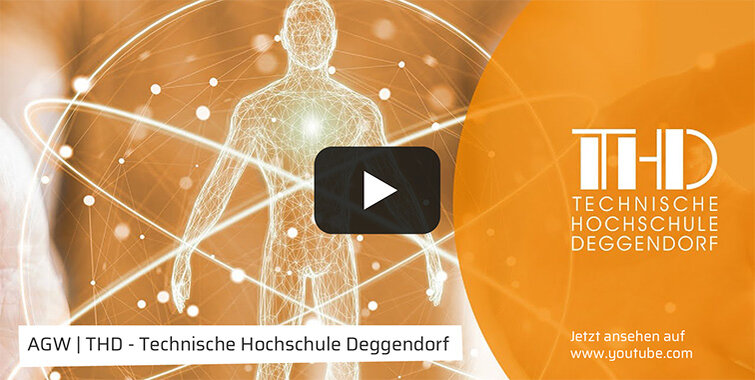focus on the human psyche
be a therapist for people who need your support
We provide support for internships, starting a job in a company, or setting up your own business

#psychiatriccounselling #supervision #mentalhealth #mentalhealthcare #crisisservices #mentalcrises
#selfhelpgroups #migration #prevention #rehabilitation #occupationalhealthmanagement #riskassessment
Deepen your understanding of the human psyche and learn to support people in mentally challenging situations, to advise and support people with mental illnesses, and to prevent mental illnesses.
The degree programme is a balanced mix of research methodology, theoretical and practical skills. It is interdisciplinary and enables you to work and cooperate with other professional groups in a multi-professional way, which plays a central role in the care of complex illnesses. During projects you will gain insight into professional practice, for example in regional health care, in which you will be involved at a very early stage. The programme places particular emphasis on an international perspective and we will support you to find an internship abroad, if desired. This postgraduate degree does not lead to training as a psychotherapist, but enables students to improve psychosocial care in cooperation with all professional groups involved, to ensure continuity of treatment, and to participate in society and in working life.
fact sheet
Degree: Master of Science (M.Sc.)
Duration: 4 semesters (2 years)
ECTS points: 120
Start: October (the winter semester)
Location: Deggendorf
Taught in: German (see language requirements)
Application period: 15 April - 15 September
Admission requirements:
- Bachelor or an equivalent qualification in health sciences (e.g. Psychology, Social Work, Nursing, Physician Assistant), graded achievements in one or more areas of psychology or psychiatry amounting to 5 ECTS
- Language requirements
Fees:
- No tuition fees, only student union fee
- International students from non-EU/EEA countries are required to pay service fees for each semester. Click here to read about our service fees.
Enquiries: General enquiries about studying at DIT welcome@th-deg.de | prospective student advisors
Applications: How to apply
career prospects
There is a high demand for professionals for the prevention of mental illnesses as well as for counselling and support of people with mental stress - preventive and complementary to psychotherapeutic services. Professional fields of activity are in counselling, supervision, occupational health management or in the psychosocial care landscape (e.g. therapeutic residential communities, addiction and family counselling centres, school prevention programmes).
Depending on your basic profession, the Master's programme enables you to expand your previous knowledge and support options in the field of health to include the perspective of mental health. Students with a degree in nursing have the opportunity to qualify as an Advanced Nursing Practitioner (ANP) in their own specialisation.
subject overview
Overview of lectures and courses, SWS (Semesterwochenstunden = weekly hours/semester) and ECTS (European Credit Transfer and Accumulation System) in the Master of Mental Health.
| 1. Semester | SWS | ECTS |
| Basic Principles of the Reference Sciences | 8 | 10 |
| Interviewing | 4 | 5 |
| In-depth Qualitative Research | 4 | 5 |
| In-depth Qualitative Research | 4 | 5 |
| Digitisation | 4 | 5 |
|
2. Semester |
SWS | ECTS |
|
Focus PG: Intercultural Aspects (in English) |
4 | 5 |
| Focus PG: Diagnostics (in English) | 4 | 5 |
| Focus ANP: Complex Interventions | 4 | 5 |
| Focus ANP: Nursing Diagnostics | 4 | 5 |
| Dimensions and Concepts of Mental Health | 4 | 5 |
| Health Policy and Legal Framework | 4 | 5 |
| Inductive Statistics | 4 | 5 |
| Project Work | 4 | 5 |
|
3. Semester |
SWS | ECTS |
| Practical Assignment | 11 | 10 |
| Elective Subject (one subject from the fields of: Counselling/Coaching/Supervision, Prevention/Public Health, Mental Health in the Working World, Complementary Methods, Community Health Nursing, Current Aspects of Care) | 4 | 5 |
| Social Aspects of Mental Health | 4 | 5 |
| Implementation and Dissemination | 4 | 5 |
| Interprofessional Cooperation | 4 | 5 |
|
4. Semester |
SWS | ECTS |
| Master thesis | 16 | 25 |
| Colloquium | 4 | 5 |




